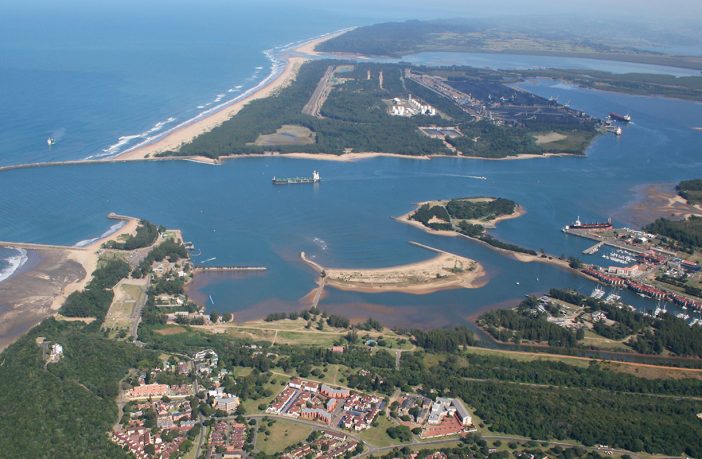- The Pretoria High Court has reserved judgement in South Africa’s first ever court challenge of a gas-to-power plant proposed for Richards Bay.
Two civil society organisations, South Durban Community Environmental Alliance (SDCEA) and groundWork, supported by Natural Justice and represented by environmental law firm, Cullinan & Associates, went to court to challenge a 3000MW proposed power plant to be constructed in Richards Bay by Eskom Holdings, a South African state-owned company.
Eskom Holdings was granted environmental authorisation in December 2019 to develop the power plant. However, construction of the plant has not yet begun. The civil society organisations are asking the court to declare the environmental authorisation unlawful and to set it aside. The challenge to the power plant is based on inadequacies within the Environmental Impact Assessment (EIA) and a flawed public participation process. Judge Anthony Millar presided.
Court arguments
Despite two days set aside for the court arguments, all parties completed their arguments today. Advocates Andrea Gabriel SC and Ian Learmonth, on behalf of the civil society organisation applicants, argued that the proposed gas-to-power plant’s climate impacts were not adequately considered in the Environmental Impact Assessment (EIA). Further, that alternative energy sources, including renewables, were not considered.
Arguments were also heard about the need and desirability of the plant. While the EIA suggested that the gas plant would support the onboarding process of renewable energy, expert evidence by RMI showed this claim to be erroneous. The RMI report confirmed that there was no need for gas plants to be built this decade.
The applicants’ counsel then presented arguments as to why the public participation process was inadequate, particularly that no public participation was conducted in isiZulu, despite the EIA report identifying that 76% of people living in the affected area are isiZulu speaking.
Following the conclusion of the applicants’ arguments, counsel for the Department of Forestry, Fisheries and the Environment, and for Eskom, presented their arguments, focusing on the policies of government, arguing that deference should be given to the decisions made by government, and that the public participation process met the minimum requirements of the EIA Regulations.
During the court case, two gatherings organised by SDCEA took place in Westville, outside the Eskom Holdings offices, and in Richards Bay, to protest against the power plant.
“The SDCEA attended the Pretoria High Court on the 2 August for the Eskom court case as the First Applicant. The day was full of twists and turns, but the Applicants’ arguments were compelling. Humanity and the environment will always be one. The proposed power plant is deeply at odds with both” – Tanica Naidoo (Senior Project Officer Richards Bay).
Author:Bryan Groenendaal















